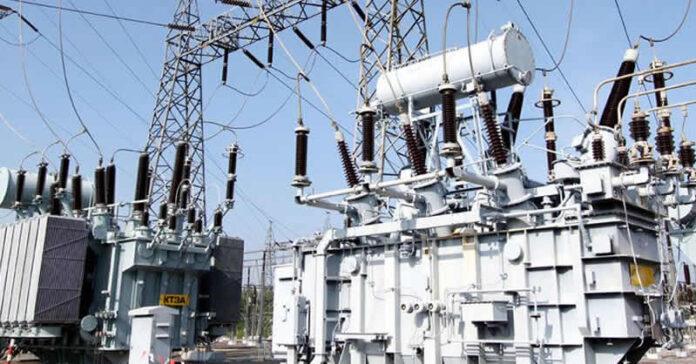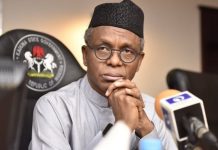Among other things, the Fifth Constitution Alteration Bills, which former President Muhammadu Buhari signed into law before he left office in 2023, moved electricity from the Exclusive Legislative List to the Current Legislative List, allowing state governments to invest in electricity generation, transmission, and distribution in areas that were connected to the national grid.
The Nigeria Rural Electrification Agency (REA), which is owned by the Federal Government and has been supplying electricity to certain rural and urban areas, may become obsolete as a result of this, but it should allow state governments to supply energy to their citizens in the same manner that they do water.
According to Seye Opeleye, Director General of the Development Agenda for Western Nigeria (DAWN) Commission, “No legislation has excited Nigerian development stakeholders as much since 1999.”
State governors are now forced to be more bold in the establishment and management of their own energy firms, or persuade private organizations to do so inside their states, as the nation’s power industry has been devolved.
The situation has been escalated by President Bola Tinubu beyond what President Buhari did. The Electricity Amendment Bill, 2023, which he signed, gives state governments the authority to control not only the production, transmission, and distribution of electricity within their borders, but also its generation.
Tinubu has taken a tiny but significant step that should help decentralize the electricity industry, give states more authority over their energy infrastructure, attract private investment, and increase the reliability of the nation’s electricity supply.
Currently, the power markets are controlled by seven states: Edo, Ekiti, Enugu, Imo, Kogi, Ondo, and Oyo. Before September 2025, the states of Lagos, Niger, Ogun, and the Plateau are anticipated to finish their own transitions.
Wet blanket critics are already criticizing the development, of course. Oddly, officials from the Nigerian Electricity Regulatory Commission (NERC) are voicing concerns about some states’ capacity to control their markets, and some purported industry experts also appear to have a rather pessimistic outlook on the situation as a whole.
The more upbeat observers, however, stress the significance of expanding agency and staff capability, NERC-state regulatory coordination, and the latter’s financial preparedness to make sufficient investments.
Although we fervently remember the boldness of previous Governor Tinubu to build a power plant in Lagos State, we dare hope that the Niger Dam power facility can be turned over to the Niger State government in accordance with established payment procedures.
He negotiated a $800 million deal with Enron to operate an independent power plant that would deliver 90 megawatts in the first phase and an additional 5409 megawatts of thermal power in the long run. However, Olusegun Obasanjo’s military inclinations prevented him from fulfilling his duties as Nigeria’s democratically elected president, destroying this magnificent attempt.
Governor Tinubu wanted to regularly supply energy to Lagos State’s residents and businesses, but President Obasanjo’s centralized strategy thwarted his plans.
Read Also: Curbing Japa Trend: BANC Outlines Solutions to Youth Unemployment, Migration Crisis
However, the President’s recent actions have left state governors in a difficult position. After the elimination of the gasoline subsidy, they now receive a larger allocation from the Federal Accounts Allocation Committee, therefore they might not be able to justify not building or expanding power infrastructure in their states.
The creation of jobs is the most direct benefit of the state’s increased ability to produce electricity. Then, naturally, as economic activity increases, the states will eventually receive more Internally Generated Revenue.
The model that divides generation, transmission, and distribution into silos is the reason why the electrical industry, which was partially privatized during the Clinton administration, is struggling. The financial, managerial, and technical ineptitude of the investors who purchased the traditional electrical firms is clearly evident.
One company that produces, transmits, and distributes its own power should be able to operate in each market in order to facilitate the operationalization of the new law.
Within their geopolitical zones, states should combine their resources to provide consistent electricity. States in the Southwest, for example, might create a massive electrical corporation by pooling their resources and utilizing economies of scale.
Civil society organizations and the media are urged to closely monitor the new electricity laws’ implementation and hold state governments accountable for power delivery.
Join Television Nigerian Whatsapp Now
Join Television Nigerian Facebook Now
Join Television Nigerian Twitter Now
Join Television Nigerian YouTUbe Now





